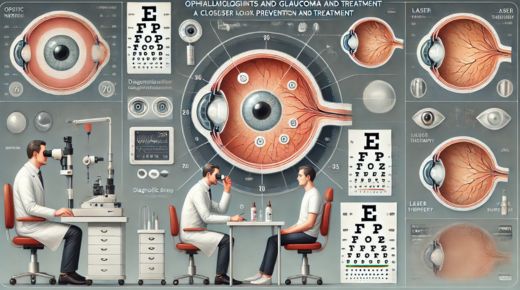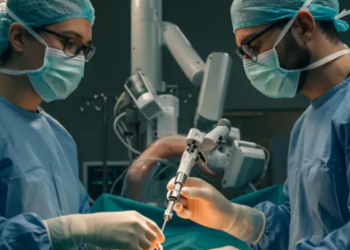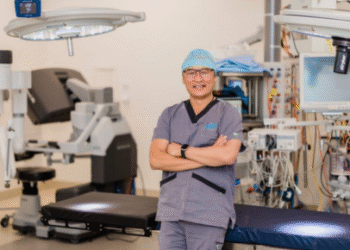
Glaucoma is a serious eye condition that can lead to vision loss. Early detection and treatment are crucial. Ophthalmologists play a key role in managing this condition. They use various methods to prevent and treat glaucoma. Central Florida Ophthalmology has been at the forefront of these efforts. Their work helps protect and preserve sight. Understanding the basics of glaucoma care can empower better eye health decisions.
Understanding Glaucoma
Glaucoma damages the optic nerve. This nerve is vital for good vision. The main cause of this damage is abnormally high pressure in the eye. However, glaucoma can occur even with normal eye pressure. It is a leading cause of blindness for people over sixty. Regular eye exams can help catch it early. Once detected, treatment can slow or prevent vision loss.
The Role of Ophthalmologists
Ophthalmologists specialize in eye and vision care. They diagnose and treat eye diseases. For glaucoma, they offer both medical and surgical options. The goal is to lower eye pressure. This helps prevent damage to the optic nerve. Regular monitoring is also crucial. This ensures that the treatment plan is effective.
Prevention Strategies
Preventing glaucoma focuses on regular eye exams. These help detect early signs of eye changes. Lifestyle changes can also help. Here are three key prevention strategies:
- Exercise regularly to improve blood flow and reduce eye pressure.
- Wear eye protection to prevent injuries that could lead to glaucoma.
- Maintain a healthy diet rich in fruits and vegetables.
Regular check-ups are particularly important for those at higher risk. This includes people with a family history of the disease.
Glaucoma Treatment Options
Treatment for glaucoma usually starts with medication. Eye drops are common. They help reduce eye pressure. If medication is not enough, surgery might be needed. There are different surgical options:
| Treatment Type | Purpose | Considerations |
| Medication | Lower eye pressure | May have side effects |
| Laser Surgery | Improve fluid drainage | Minimally invasive |
| Traditional Surgery | Create new drainage path | Longer recovery time |
Each treatment has its benefits and risks. Ophthalmologists will recommend the best option based on individual needs.
The Importance of Early Detection
Early detection can make a big difference in managing glaucoma. Regular eye exams are the best way to catch it early. These exams can detect changes in the eye before vision is affected. The National Eye Institute emphasizes the importance of comprehensive eye exams. They recommend exams every one to two years, especially for those over forty.
Understanding Risk Factors
Certain factors increase the risk of developing glaucoma. These include age, family history, and certain medical conditions. Being aware of these factors can encourage regular monitoring. African Americans over forty, adults over sixty, and those with a family history should be extra vigilant.
Takeaway
Glaucoma is a challenging condition, but with the right care, vision loss can be prevented or minimized. Ophthalmologists are key allies in this process. They provide the necessary expertise and treatments. Regular eye exams are an essential part of eye health. Understanding glaucoma and its treatments can lead to better management and outcomes. Stay informed and proactive about eye health for a clearer future.










